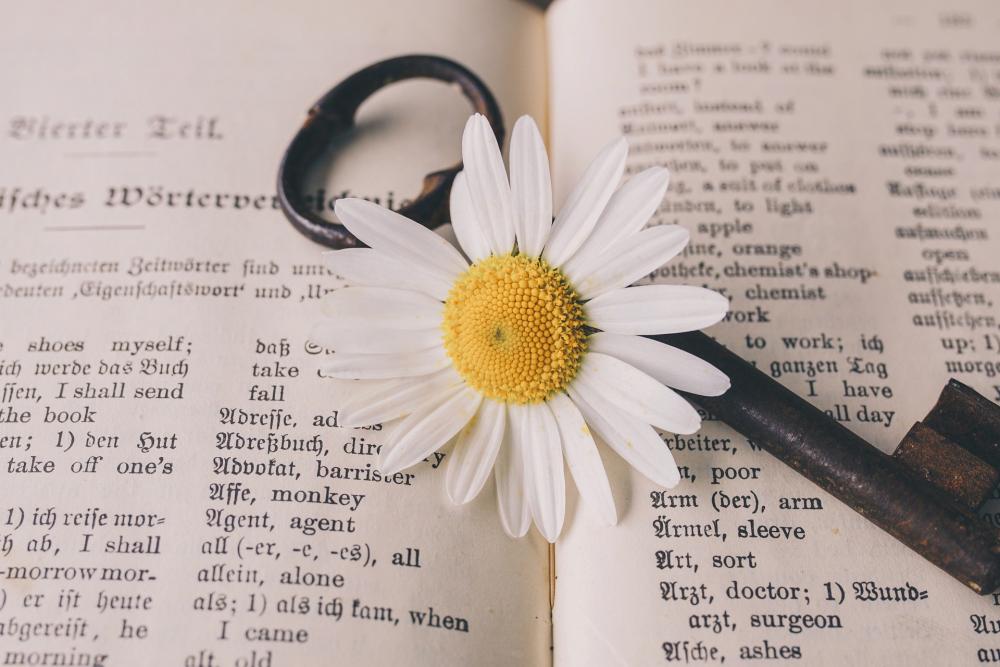
Translation Issues Coursework Example
Translating isn't just about swapping words; it's about really getting the culture to understand the meaning. Cultural differences really affect how we use and understand language. For instance, saying "break a leg" in English means good luck, but it might puzzle people who aren't native English speakers because it's not straight. If translators don't think about culture, translations might not mean what they're supposed to or could even upset people.
Words and sayings that are special to a language, like idioms or slang, can be tricky for translators. They carry meanings that might not directly switch. Translating them right needs careful thinking to make sure the meaning is clear. Also, sometimes words have more than one meaning, and if translators don't deal with that well, it can lead to misunderstandings. For instance, "time flies" might be taken word for word without knowing it's actually about time passing quickly.
Using specific words for certain topics, like medical or legal terms, makes translating even harder. Translators need to be experts not just in language but also in the subject to explain technical stuff properly. Whether it's medical papers, legal documents, or manuals, knowing the special words is key. Without that knowledge, translations might not be clear or accurate.
Common Translation Problems in Schoolwork
One big problem in translating is finding the right balance between translating word-for-word and translating to make sense in a different culture. Word-for-word translations might not make sense in another language. For example, saying "It's raining cats and dogs" literally in another language wouldn't make sense to someone who doesn't know the English saying. So, keeping the meaning in mind is really important to make sure translations are clear and make sense.
Keeping the original meaning while making it sound natural in the new language is tough for translators. Staying true to the original is important, but it shouldn't sound weird in the new language. Sometimes translations aren't accurate, showing how hard it is to get the balance right. Whether it's translating books, legal papers, or technical stuff, keeping it faithful without making it awkward to read is a big part of translating for school.
Translating things that are sensitive or tied to culture needs extra care to avoid mistakes or offending people. Good examples show how to do this well, like translating religious texts or history documents. It's important to understand cultural differences to get the meaning right while respecting each culture.
Examples and Case Studies
Translating stories into different languages is tough because translators have to capture the writer's style and meaning while dealing with language differences. Every type of writing needs a different approach to translation. Looking at these challenges in translation classes helps students learn about the creative and technical sides of translating.
Getting things exactly right is super important in legal and technical translations where mistakes can have serious consequences. Making legal papers clear and consistent needs a lot of attention to detail. Technical stuff is tricky too because translators need to know about the subject as well as the language. Whether it's manuals or engineering specs, translators have to explain complex stuff properly.
Adapting ads and business stuff for different cultures needs knowing about the culture and being good with languages. Good translations get the message across while keeping the brand's identity. Whether it's ads, product info, or market research, getting it right is key for international business. Learning from successful examples helps students understand how to do this well.
Ways to Handle Translation Problems in Schoolwork
Knowing both languages well is really important for translating. Using tools and doing research makes translating easier and more accurate. There are lots of resources out there, like dictionaries and online databases, to help translators.
Working with classmates gives different viewpoints and makes translations better. Feedback from others helps improve translations, making them clearer and more accurate. Doing group projects lets students learn from each other, making them better translators.
Learning from mistakes is a big part of getting better at translating. Looking back on past translations and finding ways to do better helps translators keep growing. Working with different texts and languages makes translators more adaptable and skilled.
Translation problems are tricky but important to tackle in schoolwork. Dealing with them well helps students learn how to translate accurately across different languages and cultures. Learning about these problems prepares students for a future in translation and beyond. By using good strategies and always learning, students can handle translation challenges confidently, becoming skilled translators in a global world.